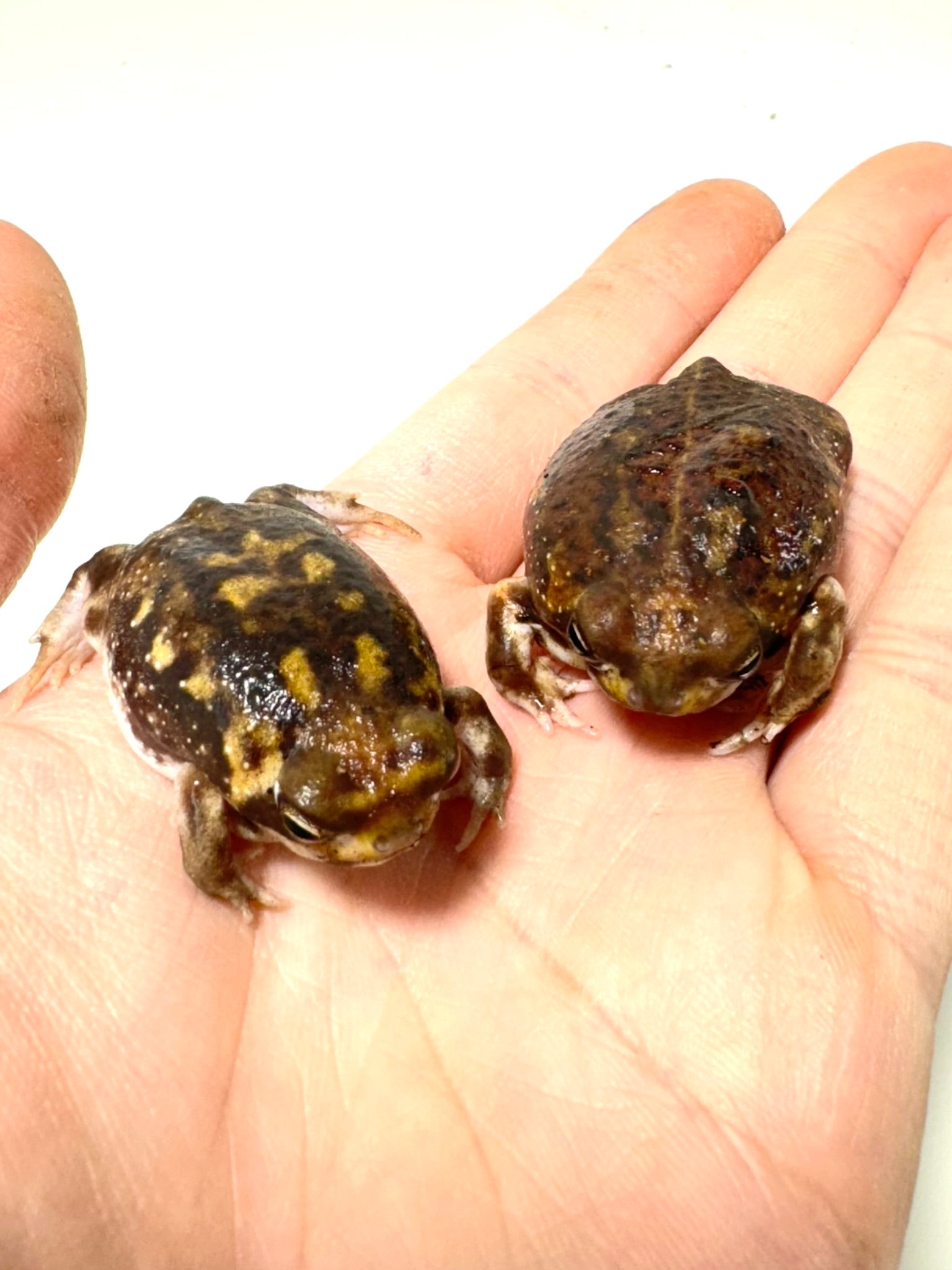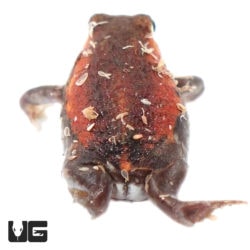Explore Rain Frog for Sale: Elevate Your Animal Game with a Distinct Amphibian Pal!
Explore Rain Frog for Sale: Elevate Your Animal Game with a Distinct Amphibian Pal!
Blog Article
Common Wellness Issues in Reptiles: Symptoms and Solutions
In the detailed world of reptile care, comprehending the typical health concerns that might influence these one-of-a-kind creatures is paramount in guaranteeing their wellness. Whether it's grappling with parasitical infestations, navigating dehydration worries, or dealing with skin conditions that materialize in refined ways, being attuned to the signs and symptoms and outfitted with the knowledge of reliable options is vital for any reptile proprietor.
Breathing Infections
Respiratory infections in reptiles can dramatically influence their overall health and wellness and call for timely interest from experienced veterinarians. These infections are generally triggered by microorganisms, viruses, or fungis and can show up through symptoms such as wheezing, nasal discharge, open-mouth breathing, and lethargy. In reptiles, breathing infections can be specifically testing to detect and deal with due to their special composition and physiology. Vets typically depend on a mix of physical exams, diagnostic imaging, and laboratory tests to accurately determine the underlying root cause of the infection.
Therapy for respiratory system infections in reptiles typically involves a mix of helpful care, such as preserving proper moisture degrees and temperature gradients in the unit, in addition to targeted medicine to deal with the specific virus in charge of the infection. It is critical for reptile owners to monitor their pets very closely for any type of signs of respiratory distress and seek veterinary treatment at the earliest indicator of a problem. With timely treatment and appropriate therapy, several reptiles can recuperate totally from respiratory system infections and resume regular activities.

Metabolic Bone Illness
What elements add to the development of Metabolic Bone Illness in reptiles?
Metabolic Bone Disease (MBD) in reptiles is mostly brought on by a lack of correct calcium, phosphorus, and vitamin D3 degrees in their diet plan. When reptiles do not get adequate calcium, either with their food or proper UVB exposure for vitamin D3 synthesis, they are at a high threat of establishing MBD. Reptiles with diet plans reduced in calcium or imbalanced calcium to phosphorus ratios are especially at risk. Additionally, poor exposure to UVB light stops reptiles from manufacturing vitamin D3, which is essential for calcium absorption and bone wellness.
Not enough moisture levels can also influence a reptile's capacity to metabolize calcium efficiently. Normal veterinary check-ups, correct husbandry methods, and a well balanced diet are essential to prevent Metabolic Bone Disease in reptiles.
Parasitical Invasions
Parasitic problems pose a substantial health and wellness risk to reptiles, impacting their overall health and requiring punctual veterinary focus. Reptiles can be affected by various bloodsuckers, including termites, ticks, internal worms, and protozoa. These bloodsuckers can cause a variety of symptoms, such as weight reduction, sleepiness, skin irritation, looseness of the bowels, and even fatality if left neglected.
One usual parasite found in reptiles is the mite, which can cause skin irritation, anemia, and stress and anxiety. Ticks are an additional external parasite that can cause and transfer diseases pain to the reptile. Inner parasites like worms and protozoa can result in gastrointestinal concerns, malnutrition, and compromise the reptile's body immune system.
To detect a parasitic invasion, a veterinarian may do fecal examinations, skin scrapings, or blood examinations. Therapy often includes website link deworming medicines, antiparasitic bathrooms, or in extreme cases, a hospital stay. Preventative procedures such as normal veterinary check-ups, proper hygiene, and quarantine treatments for new reptiles can help reduce the risk of parasitic invasions and guarantee the wellness of reptile animals.
Dehydration and Hydration Issues
Dehydration in reptiles can significantly impact their health and health, necessitating prompt treatment and proper hydration administration. Reptiles are susceptible to dehydration because of various elements such as inadequate water intake, high ecological temperature levels, and certain wellness conditions. Symptoms of dehydration in reptiles consist of sunken eyes, lethargy, loss of skin elasticity, and lowered peeing. Dehydration can lead to significant health and wellness concerns and even be fatal to the reptile - rain frog for sale. if left unattended.
To avoid dehydration, reptile owners need to guarantee that their pets have access to tidy water whatsoever times. The water meal ought to be huge enough for the reptile to saturate in if needed, especially for types that absorb water with their skin. Additionally, maintaining appropriate moisture degrees in the reptile's room and providing routine bathrooms can help protect against dehydration.
In instances of dehydration, it is vital to look for vet treatment quickly. A veterinarian may provide liquids either by mouth or with shots to rehydrate the reptile. It is necessary to address the underlying source of dehydration to avoid reappearance and guarantee the reptile's general well-being.
Skin Conditions

Final Thought

Respiratory infections in reptiles can significantly influence their general health and wellness and require prompt focus from seasoned veterinarians (rain frog for sale). Preventative measures such as normal vet check-ups, correct hygiene, and quarantine procedures for brand-new reptiles can assist minimize the threat of parasitic invasions and look at this web-site ensure the wellness of reptile pets
If left unattended, dehydration can lead to severe health and wellness concerns and even be deadly to the reptile.
Consistently checking your reptile for any adjustments in skin look, texture, or shade can help in very early detection and therapy of skin ailments, advertising the total health and wellness and wellness of your flaky companion. - rain frog for sale
In final thought, reptiles are vulnerable to numerous health problems such as respiratory system infections, metabolic bone disease, parasitical problems, dehydration, and skin ailments.
Report this page